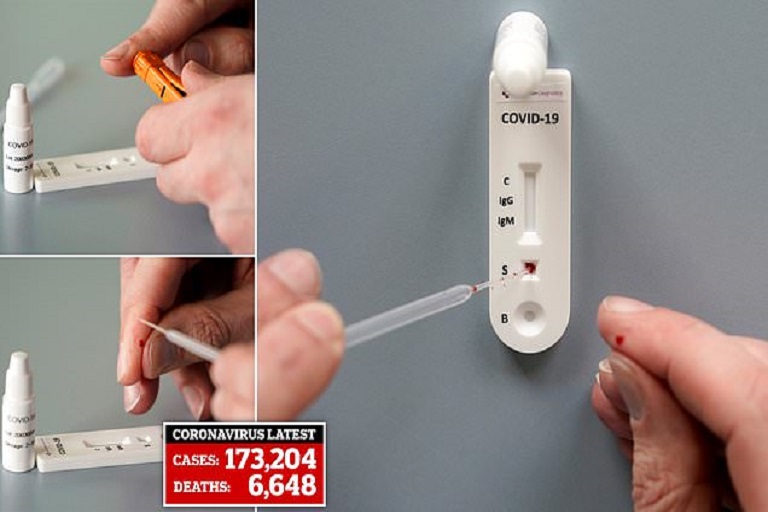Scientists in Oxford have developed a faster-acting test to establish whether patients are infected with the coronavirus. A team from the University of Oxford’s Engineering Science Department and the Oscar Suzhou Centre for Advance Research (OSCAR) have been working to improve upon the current process which can take up to two hours to produce a result and requires specialised equipment uk scientists
The newly-developed test produces highly accurate results in half an hour. Its sensitivity enables it to identify the virus earlier than can be achieved with the current test and it only requires a standard heat block to work. This could be particularly beneficial in rural or more isolated areas without access to the complicated equipment needed currently as it facilitates testing in, for instance, community health centres.
The test has already been trialled on 16 clinical samples in Shenzhen Luohou People’s Hospital in China and achieved a 100% diagnostic success rate. It is hoped that it will be rolled-out to testing clinics within the next two weeks. The team at Oxford are now working on a fully-integrated version of the test that could be deployed in airports, clinics and homes.
WHY IT MATTERS
The UK is currently on the upswing of COVID-19 infections epi curve. This means that the number of confirmed cases is rapidly increasing every day, jumping by 1,700 cases between 20th and 22nd March.
The ability to swiftly and effectively test potential cases of COVID-19 will enable more people to be tested and strengthen measures to control the spread of the virus. It will also accelerate the treatment of patients, which could potentially diminish the virus’ more severe effects.
THE LARGER PICTURE
As COVID-19 sweeps the globe, there has been a huge effort to ‘flatten the curve’ of those affected by the virus. This means trying to control the rate of infection so as not to overwhelm public services. Intensive care units (ICUs) across the country are already at capacity with some cases of patients “spilling over” into recovery areas and taking over other areas of the hospitals.
A more efficient test could ease this strain on emergency services as the infection continues to spread, potentially limiting the number of deaths.
ON THE RECORD
Professor Wei Huang, one of the leading scientists of the team, says: “The beauty of this new test lies in the design of the viral detection that can specifically recognise SARS-CoV-2 (COVID-19) RNA and RNA fragments. The test has built-in checks to prevent false positives or negatives and the results have been highly accurate”.
Professor Zhanfeng Cui, the director of OSCAR, says: “I am proud of our team that have developed a useful technology and can make a contribution in combating CoV-19, and we are very grateful to the hospital’s medical team…for their part in testing this new technology”.






























